This evening’s Archive Hour on Radio 4 celebrated the 40th anniversary of the seminal children’s TV show Sesame Street. The programme featured healthy dollops of insight about the visionary goals that underpinned the show and how the Children’s Television Workshop revolutionised children’s TV through the medium of animation, bad puns and felt glove puppets. The one thing that wasn’t discussed, however, was an aspect of the show that most media pundits are either blissfully unaware of or would prefer just to ignore. I’m talking, of course, about the way in which the seemingly benign and wholesome inner city world of Sesame Street is inextricably linked to the violent and seedy inner city world of modern American crime drama.
In 2006, Sesame Street featured the following (very funny) parody of the popular drama series, Law and Order: Special Victims Unit –
The green one with the shades was a Muppet simulacrum – a simuppetcrum, if you will – of Detective John Munch, one of Law and Order’s most popular and enduring characters as played by the comedian-turned-actor Richard Belzer:
This wasn’t the first time – or, for that matter, the last time – that Sesame Street featured a parody of a popular cop show (cf Miami Mice from the 1980s, or the more recent RSI: Rhyme Scene Investigation). However, the appearance of the Munch character in this skit carried with it a certain troubling ontological resonance that would be lost on the typical pre-schooler, well-meaning parent or Radio 4 researcher.
Namely, that Detective Sergeant John Munch is a conduit of continuity, a notorious fictional floozy and the tart of TV crime drama.
Law and Order: Special Victims Unit wasn’t the first procedural cop show that Munch appeared in. Before that, he was a regular in the groundbreaking 90s series Homicide: Life on the Streets. During Homicide’s run, Munch made three guest appearances on the rival crime show Law and Order and, when Homicide was cancelled in 1999, he subsequently became a regular in Law and Order’s Special Victims Unit spin-off.
While actors do this sort of thing all the time, it’s pretty unusual behaviour for a fictional character. TV shows tend to exist in self-contained, self-referential worlds and Munch’s prime-time promiscuity helped to shatter this time-honoured illusion. It was a bit like EastEnders’ Phil Mitchell ordering a pint at the Rovers Return or Brookside’s Jimmy Corkhill becoming a regular on Skins. If it’s just the actor turning up in a different show then nobody really minds, but when fictional characters themselves start doing this sort of thing then it has troubling implications.
In the case of John Munch, it suggests that Homicide: Life on the Streets and Law and Order co-exist within the same fictional universe. That’s not such a big deal in and of itself as they’re both crime dramas. Thanks to the existence of the Munch simuppetcrum, however, we’re now faced with the troubling implication that both shows exist in the same fictional plane of existence as Sesame Street.
It gets worse. Not content with appearing in multiple crime dramas (including a brief appearance in a short-lived and largely-forgotten series called The Beat), fictional Detective John Munch has also branched out into other genres. He interrogated The Lone Gunmen in a 1997 episode of The X-Files and, more recently, had a cameo appearance in the cult comedy series Arrested Development.
So, thanks to John Munch – the metafictional mindfucker de jour – we now have to get our heads around a single, unified fictional universe in which the characters from Homicide, Law and Order, The X-Files and Arrested Development could theoretically interact not only with each other but with the denizens of Sesame Street.
What makes all of this even more unusual is the fact that Detective John Munch is based on a real person. The Homicide series (in which Munch first appeared) was based on a non-fiction book called Homicide: a Year on the Killing Streets by David Simon, who would later go on to create The Wire (which, in case you don’t already know, is officially the greatest crime drama in the history of television). Munch’s character was based on real-life Baltimore cop called Jay Landsman, and Simon would later go on to pay further tribute to Landsman by naming a character in The Wire after him. The real Jay Landsman – Jay Landsman Actual, I suppose – worked as an advisor on The Wire before eventually becoming a regular cast member on the show, playing a character called Lieutenant Dennis Mello (who, you guessed it, was named after another real-life Baltimore Cop).
In the penultimate episode of the final season, the comedian-turned-actor Richard Belzer made a cameo appearance in The Wire. The character he played was Detective John Munch.
This implies that even a programme that’s as highly-acclaimed as The Wire can still be absorbed into the single, unified fictional universe that centres around Detective John Munch. Furthermore, it suggests that the fictional inner city Baltimore of The Wire is just a mere Greyhound bus ride away from the fictional inner city New York of Sesame Street.
I guess it’s only a matter of time before simuppetcrums of McNulty, Stringer Bell and Omar are introduced to the world of Cookie Monster, Big Bird and Oscar.


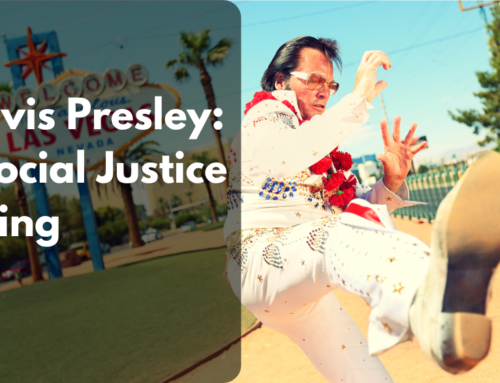
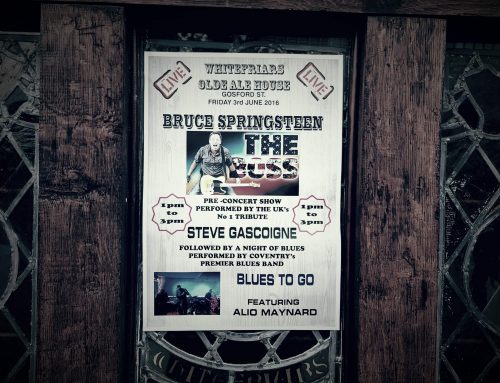
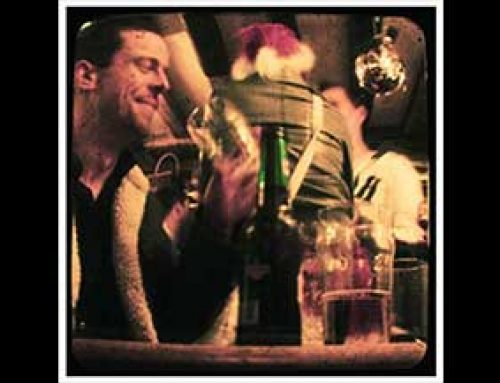

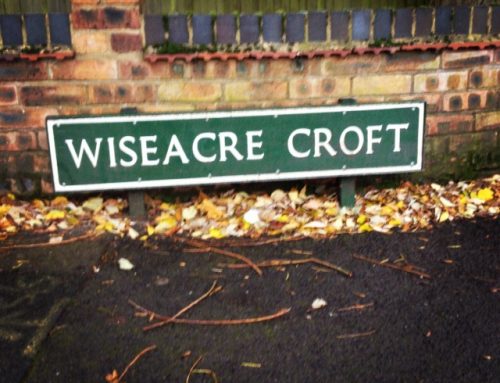
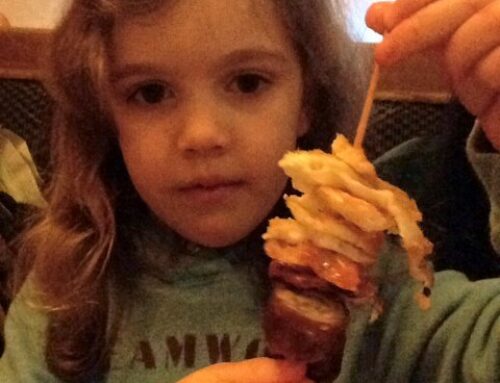

Leave A Comment